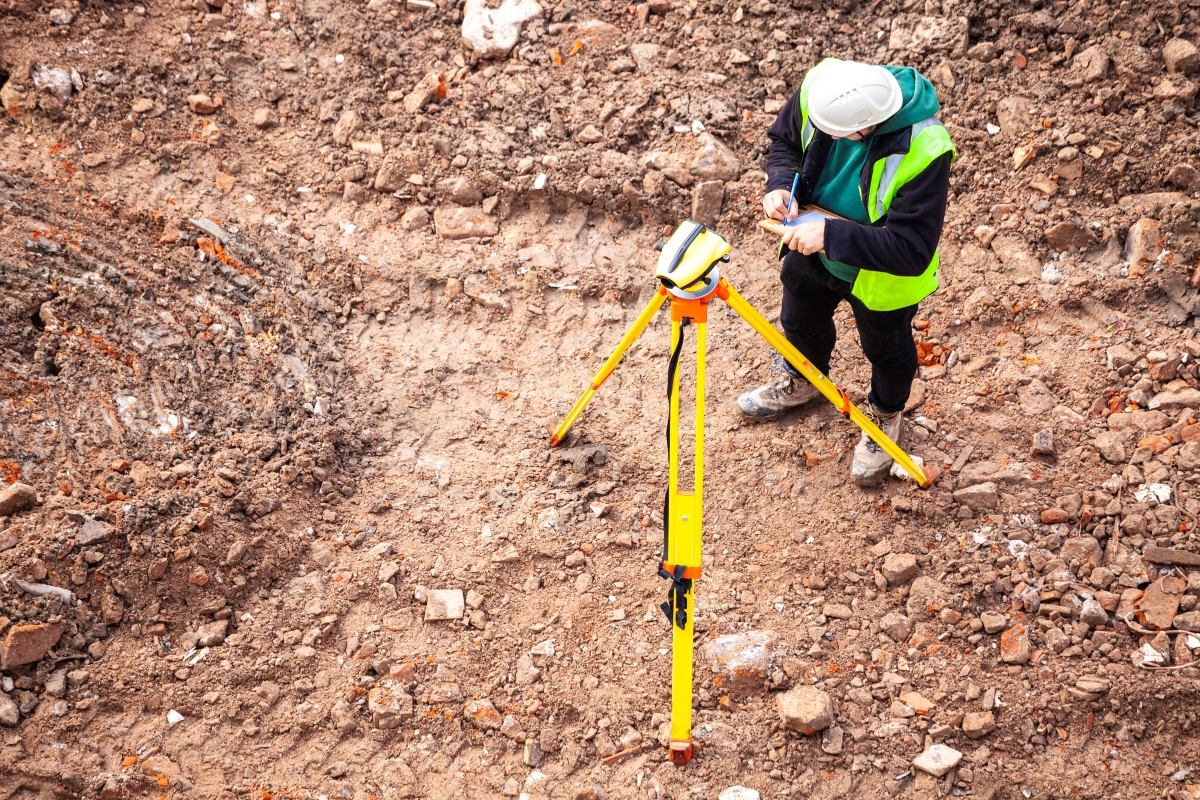Providing you with the opportunity to develop the professional skills and experience you need to launch your career is at the heart of everything we do at Leeds Trinity University.
You’ll graduate with the professional skills and experience you need to launch your career in construction project management working for contracting and construction companies, project management consultancies or client-side organisations.
Potential career routes may include project planner for construction clients; construction project manager delivery site-based management roles; project coordinator; sustainability manager and principal design and contractor.
As you progress in your career you could take up middle to senior management roles, managing a variety of public/private sector projects in the real estate and property sector.
This degree also provides excellent preparation for postgraduate study in construction and the built environment.
After you graduate, Careers and Placements will help you as you pursue your chosen career through our mentoring scheme, support with CV and interview preparation and access to graduate employability events.
To find out how we can help you make your career ambitions a reality, visit:
Careers

